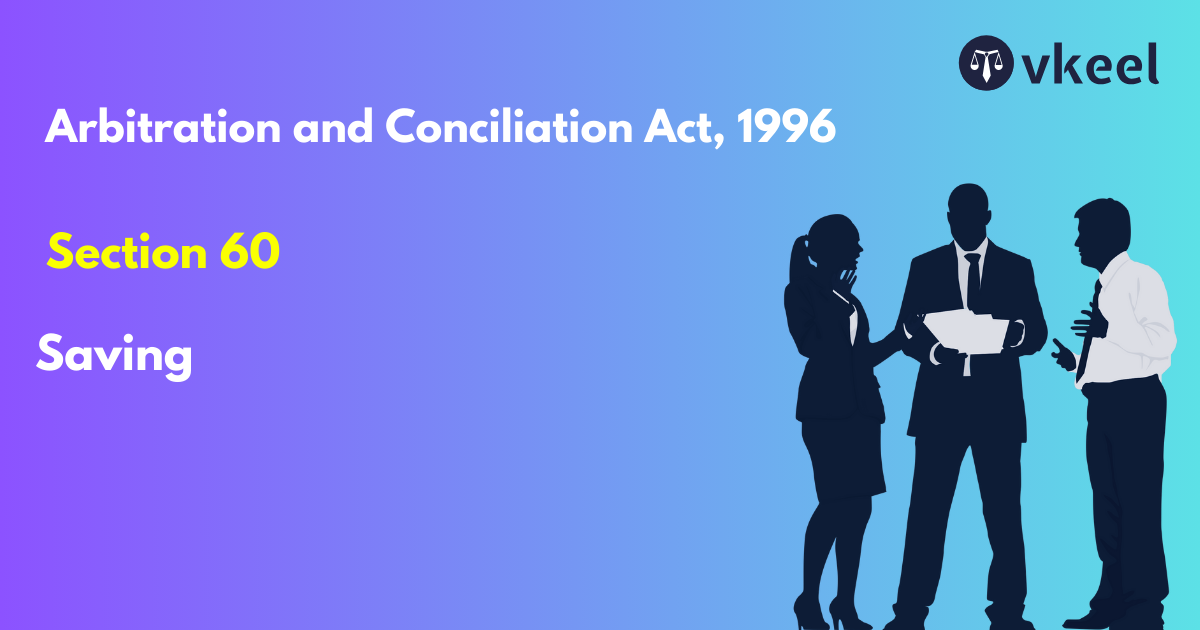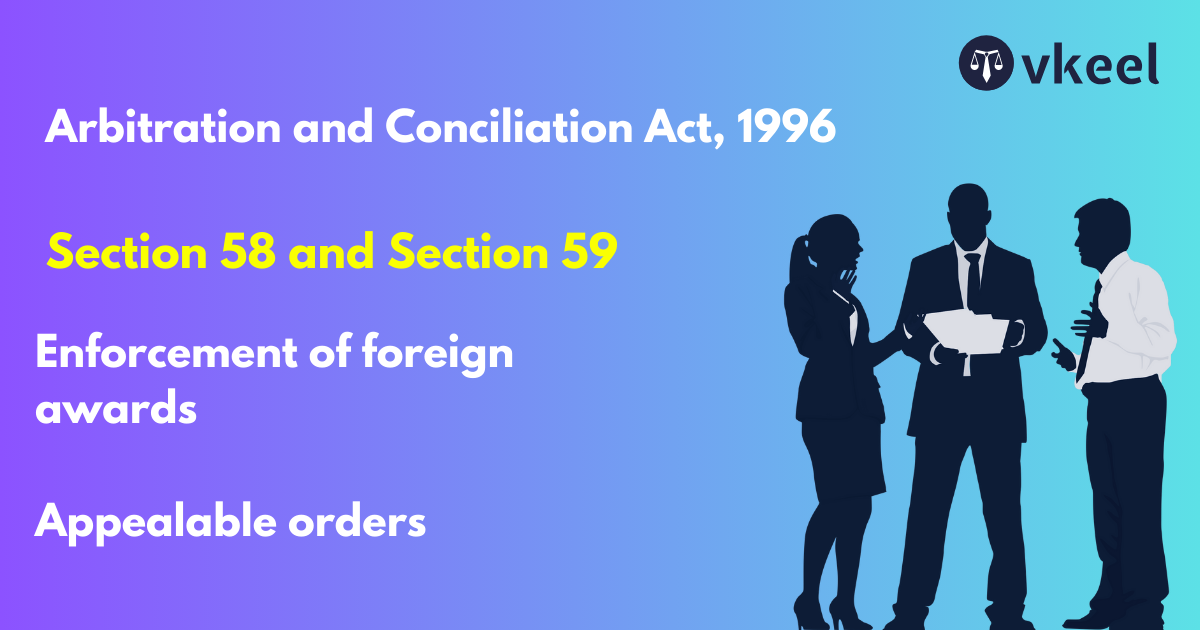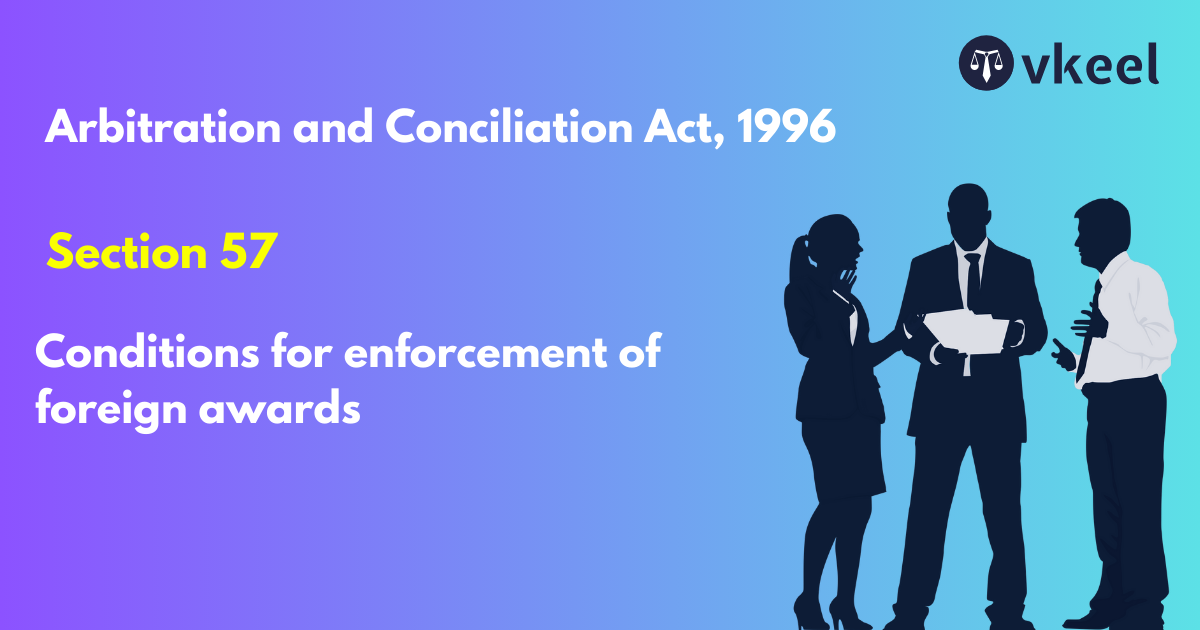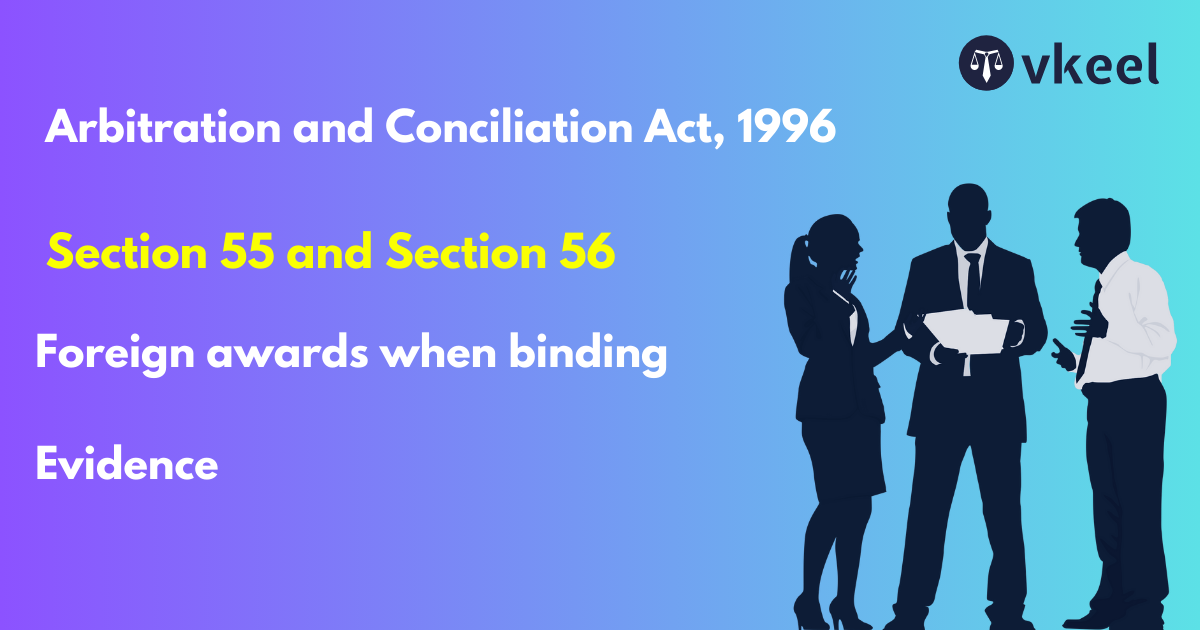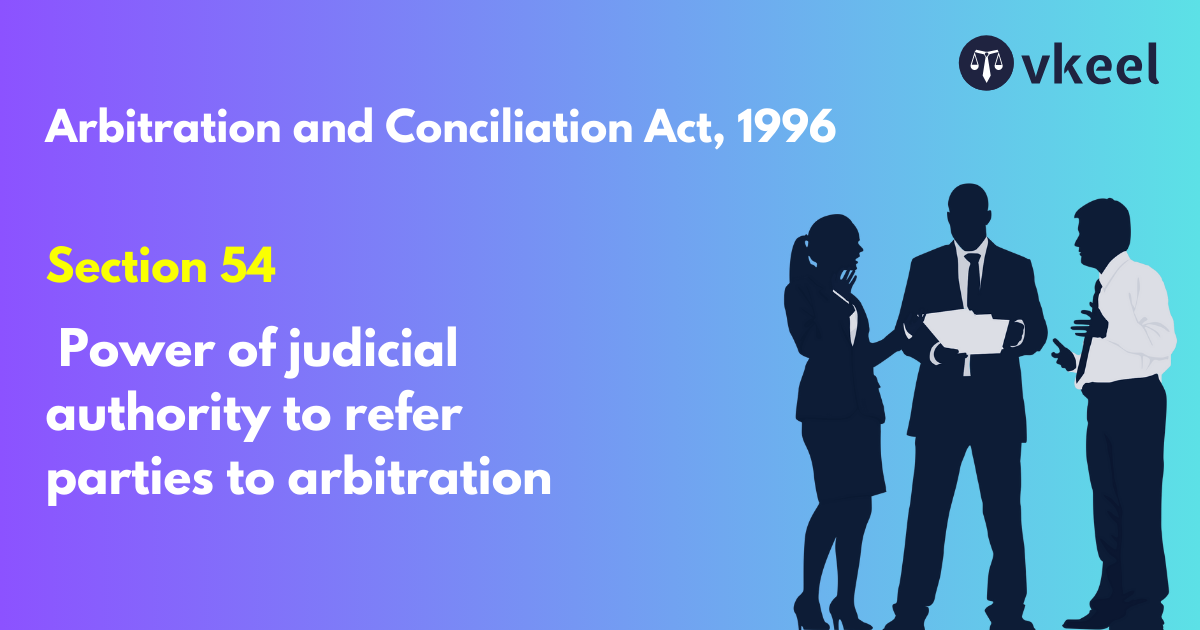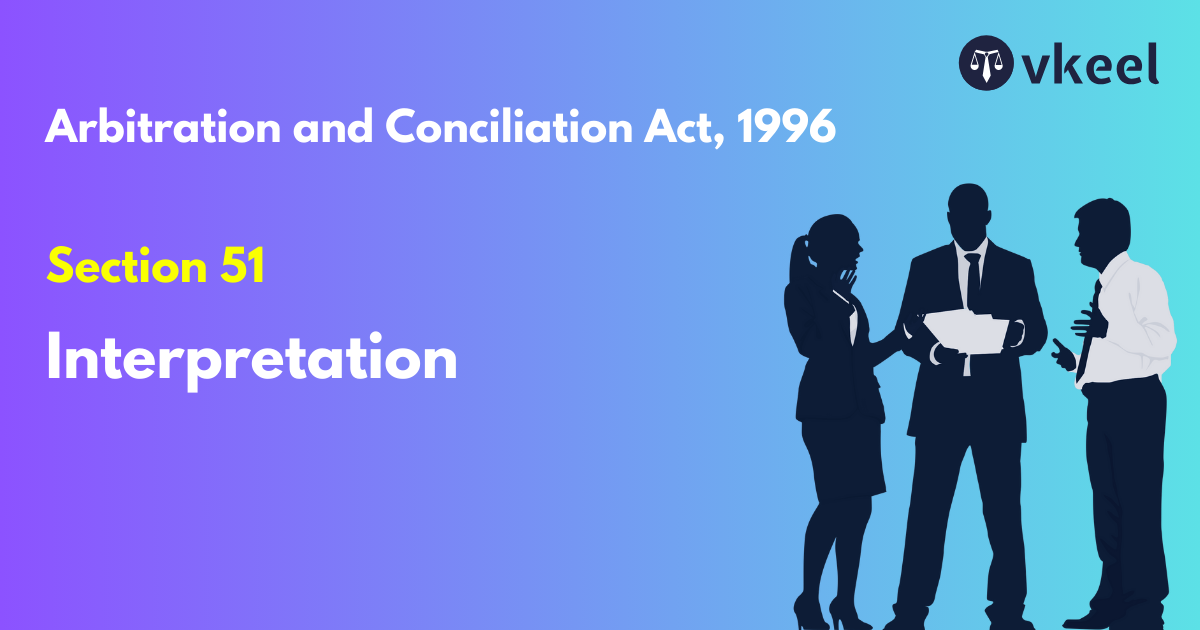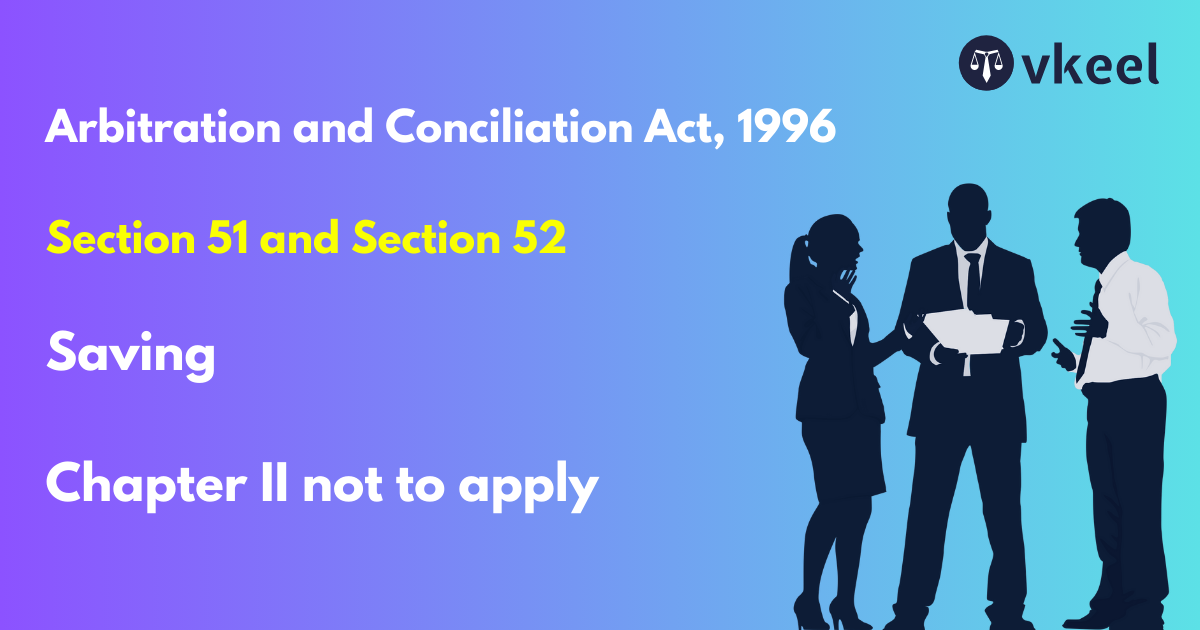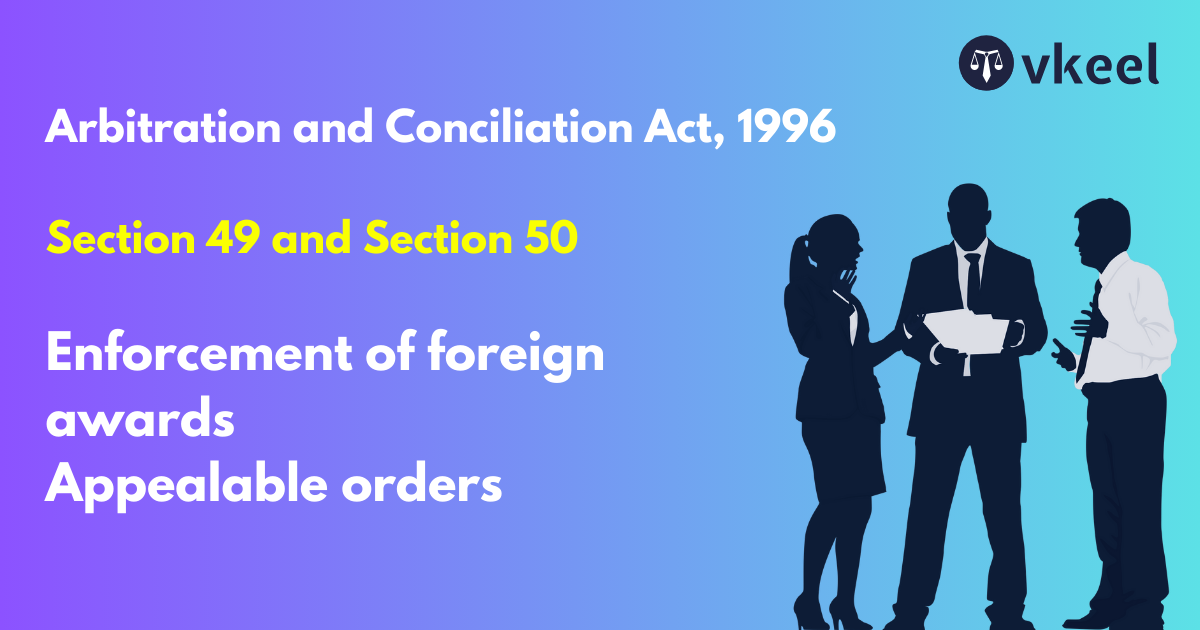Section 23: Arbitration and Conciliation Act, 1996
By Nivedita Dhiman
Table of Contents
Introduction of section 23
A statement of defence or claim is understood as the one submitted by the respective parties before the arbitral tribunal and it is not the same that can be found in acrimonious exchange of allegations contained in the form of notices. An arbitrator must act with fairness and must be willing to apply the same yardstick when it comes to dealings with the parties. Arbitrators should realise that pleadings are of the greatest importance in narrowing the issues between the parties and reducing the ultimate cost.
The respondent can submit a counter claim to the arbitral tribunal, which shall be adjudicated in the same manner as the claims, provided the counter claims fall within the scope of the arbitration agreement. This is to ensure that the counter claims are adjudicated in the same reference without the party having to seek a separate/new reference. Section 23 read makes it clear that a respondent is entitled to raise a counterclaim “unless the parties have otherwise agreed” and also add to or amend the counterclaim, “unless otherwise agreed”.
Section 23 of arbitration and conciliation act
Statements of claim and defence
(1) Within the period of time agreed upon by the parties or determined by the arbitral tribunal, the claimant shall state the facts supporting his claim, the points at issue and the relief or remedy sought, and the respondent shall state his defence in respect of these particulars, unless the parties have otherwise agreed as to the required elements of those statements.
(2) The parties may submit with their statements all documents they consider to be relevant or may add a reference to the documents or other evidence they will submit.
1[(2A) The respondent, in support of his case, may also submit a counterclaim or plead a set-off, which shall be adjudicated upon by the arbitral tribunal, if such counterclaim or set-off falls within the scope of the arbitration agreement.]
(3) Unless otherwise agreed by the parties, either party may amend or supplement his claim or defence during the course of the arbitral proceedings, unless the arbitral tribunal considers it inappropriate to allow the amendment or supplement having regard to the delay in making it.
2[(4) The statement of claim and defence under this section shall be completed within a period of six months from the date the arbitrator or all the arbitrators, as the case may be, received notice, in writing of their appointment.]
Landmark Judgements of Section 23
Pioneer Engineering Works vs UOI, 1959
Where the appellant was fully aware of the counter claim made by the respondent, and it sought to lead evidence before the arbitrator to show that the counter claim was not substantiated, it was held that the irregularity, if any, made by the arbitrator in accepting the counter claim beyond the time fixed by him was waived by the appellant who took part in the proceedings with full knowledge of the irregularity and without protest.
Gopal Singh vs Ashok Leyland Finance, 2010
An arbitrator must act with utmost fairness and must be willing to apply the same yardstick when it comes to dealing with the parties. When the claimant, while filling the claim statement before the arbitral tribunal, left certain banks therein, the mere act of the arbitral tribunal permitting the claimant to fill in the blanks cannot be termed to be an act of bias on the part of the arbitral tribunal.
Madanlal Roshanlal vs Hukamchand Mills Ltd, 1967
When the objecting parties has suffered no prejudice by amendment of an issue and parties well knew the amended claim and have contested the case before the arbitrator on that footing, the contention of the objector that by amending the issue behind his back, the arbitrator was guilty of misconduct, is of no force.
Edward Llyod vs Sturgeon Fulls Pulp Co Ltd, 1900
It was agreed between the parties that all points in dispute in reference to a contract for the sale and purchase of a certain property should be referred to arbitrator, and it was held that the arbitrator had the widest powers of allowing amendments in order that the parties might raise points not disclosed in the documents produced before him, and to allow evidence to be given before him to entitle one of the parties to claim a recission of the contract.
Conclusion of section 23
Section 23 of the above-mentioned act talks about the framework that governs how parties involved in an arbitration proceeding present their cases to the arbitral tribunal. This section holds so much importance as it sets the stage for the arbitral process and ensures that both parties have an opportunity to present their case in a good manner.
Disclaimer:
The information provided in the article is for general informational purposes only, and is not intended to constitute legal advice or to be relied upon as a substitute for legal advice. Furthermore, any information contained in the article is not guaranteed to be current, complete or accurate. If you require legal advice or representation, you should contact an attorney or law firm directly. We are not responsible for any damages resulting from any reliance on the content of this website.



